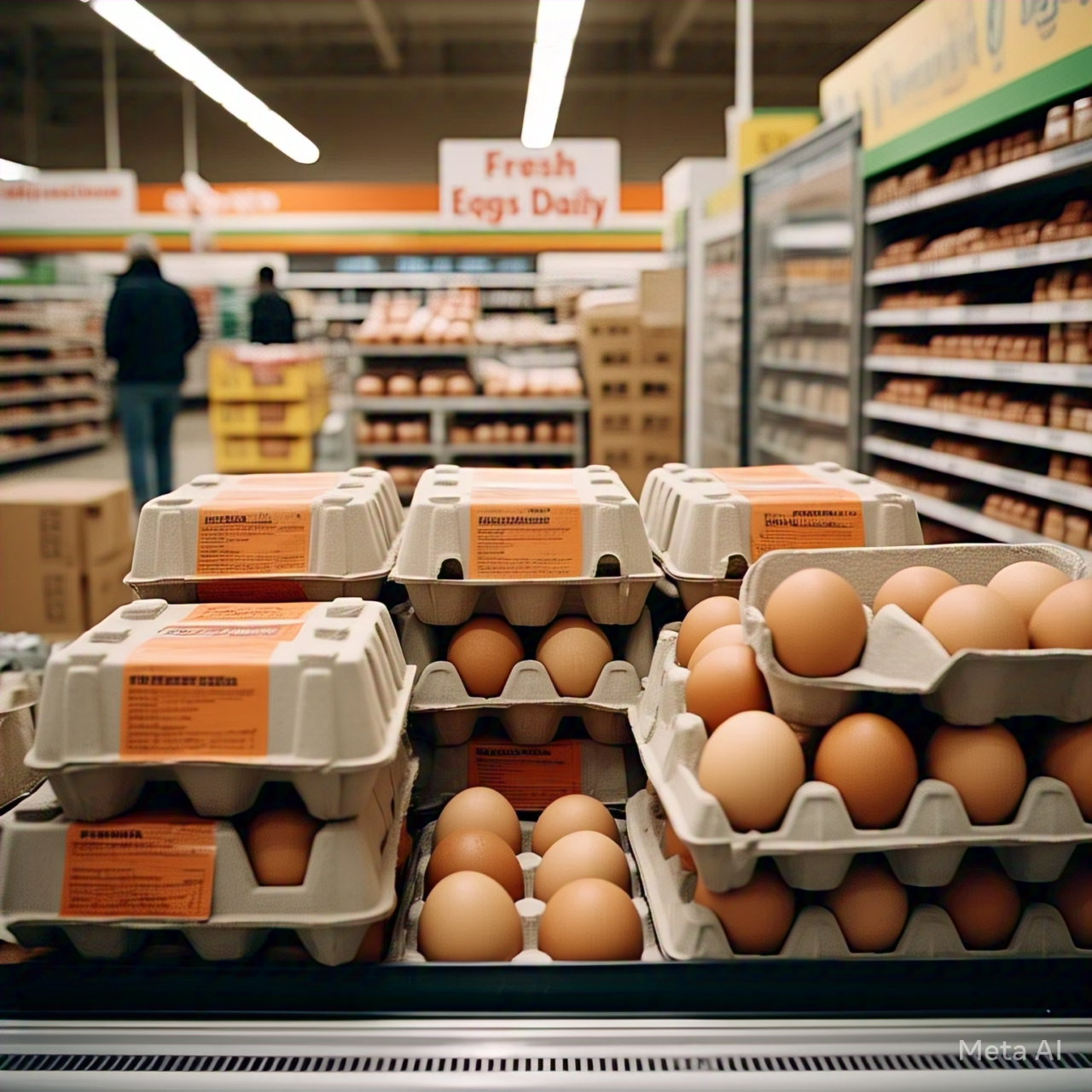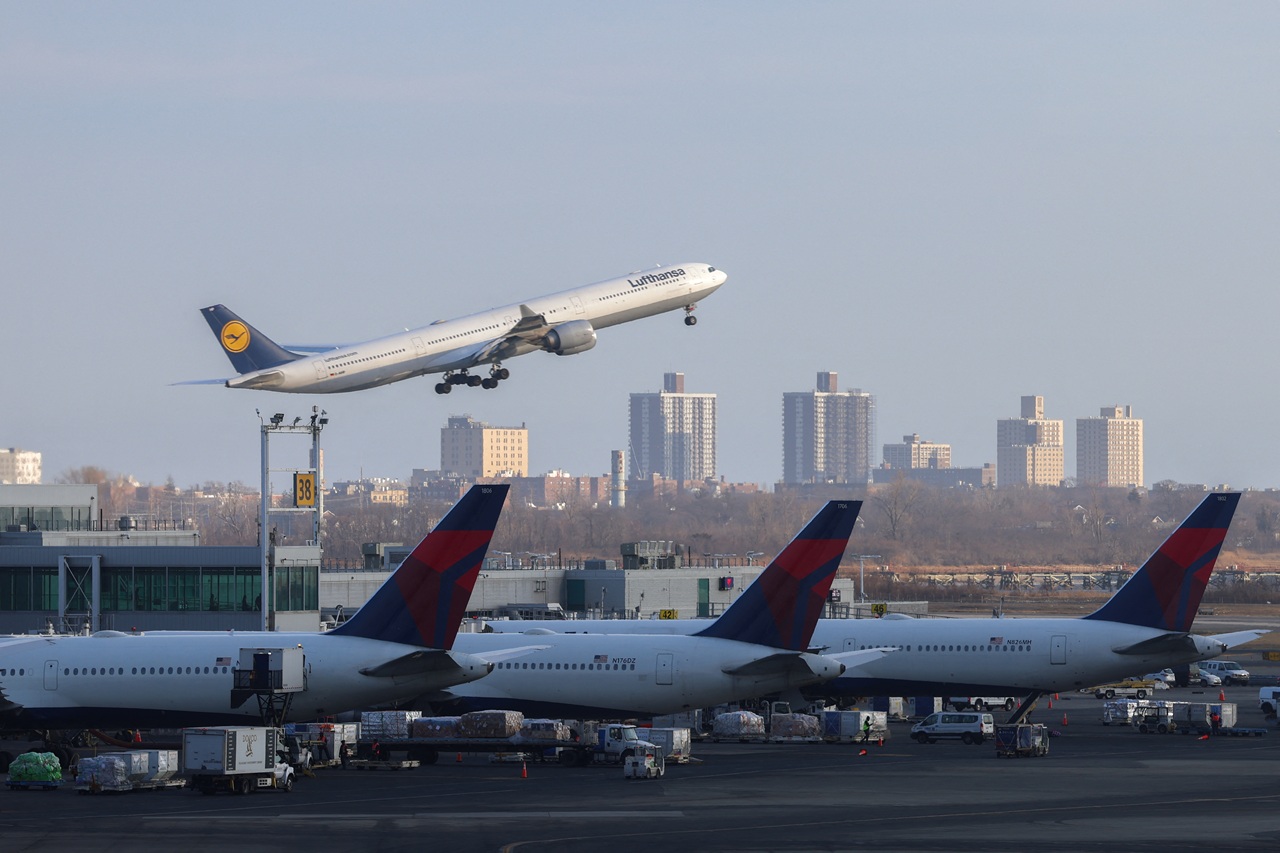
Two Countries to Send Eggs to the U.S. Amid Ongoing Crisis
Egg prices in the country have seen an unprecedented surge, rising 65% in 2024 with further growth projected.
United States Faces Egg Crisis: Imports from Turkey and South Korea to Ease Shortage
The U.S. poultry industry is experiencing an unprecedented crisis due to a devastating outbreak of H5N1 avian influenza, which has led to the loss of over 156 million birds since 2022. This sharp decline in egg production has triggered a 65% price increase in 2024, with projections of an additional 41% rise in 2025, according to reports from the U.S. Department of Agriculture (USDA).
International Negotiations and Setbacks
In an effort to stabilize the market and ease the financial burden on consumers, the U.S. government opened negotiations to import eggs from European countries like Poland, Finland, and Denmark. However, these nations declined the requests, prioritizing their domestic supply and facing regulatory limitations within the European Union.
Imports from Turkey and South Korea
With European suppliers out of the picture, the U.S. turned to Turkey and South Korea as alternative partners. The Central Union of Egg Producers of Turkey (YUM-BIR) announced plans to export approximately 15,000 tons of eggs between February and July 2025—equivalent to 700 containers valued at $26 million. Meanwhile, South Korea made its first major shipment in March 2025, delivering 20 tons of eggs to the state of Georgia.
Additional U.S. Government Measures
Beyond imports, the USDA has launched a $1 billion action plan to combat the crisis. This includes $500 million to strengthen biosecurity measures on poultry farms, $100 million dedicated to research and vaccine development against avian flu, and $400 million in financial aid for affected farmers.
Impact on Consumers and the Industry
These combined efforts aim to reduce the burden on American consumers, who faced record-high egg prices of up to $4.95 per dozen in January 2025. However, growing reliance on international suppliers and the vulnerability of the domestic agricultural system raise concerns about the long-term sustainability of the U.S. food supply chain.
This crisis underscores the global interconnectedness of food markets and the urgent need for comprehensive strategies to ensure food security during health and economic disruptions.











LEAVE A COMMENT: